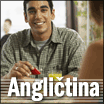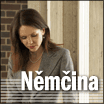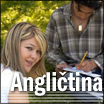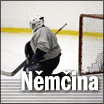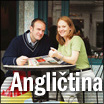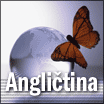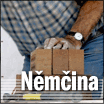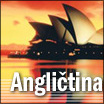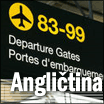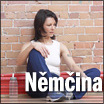My, your, his, her, its, our and their are determiners. They are used before nouns. ‘My, his, her and its’ are all singular. ‘Our and their’ are plural. ‘Your’ can be singular or plural. ‘Its’ doesn’t have an apostrophy (e.g. That’s my dog and that’s its bed) and can be used to talk about objects,...
